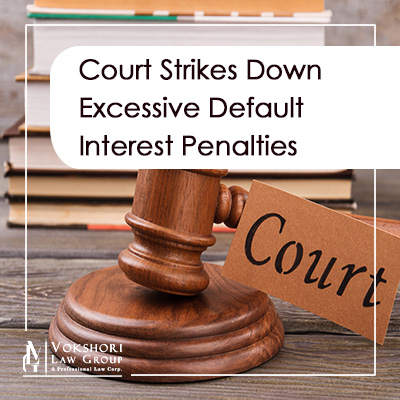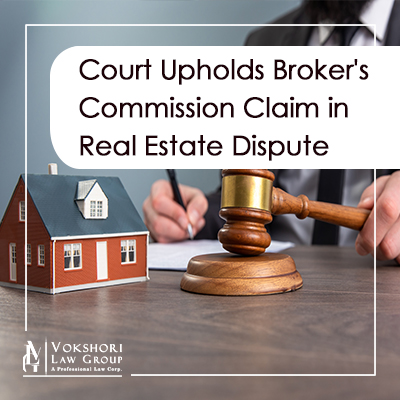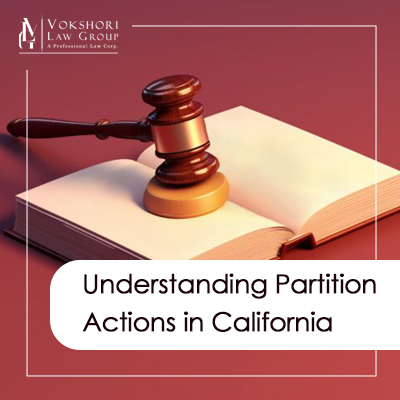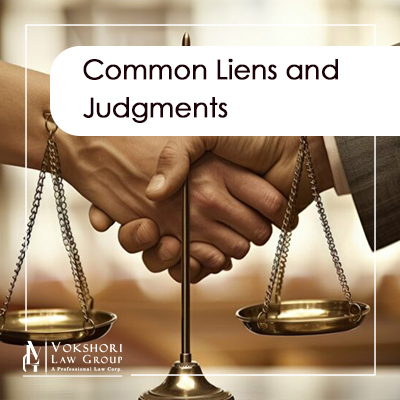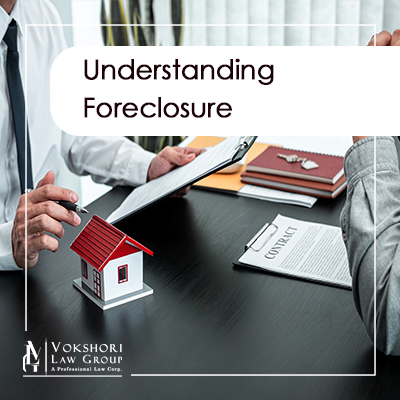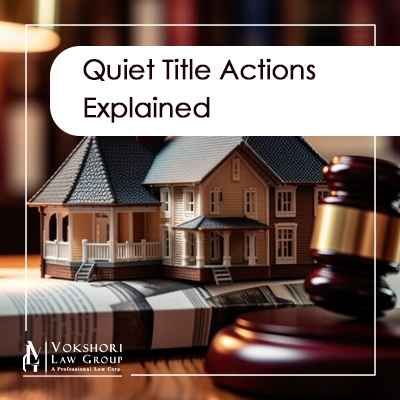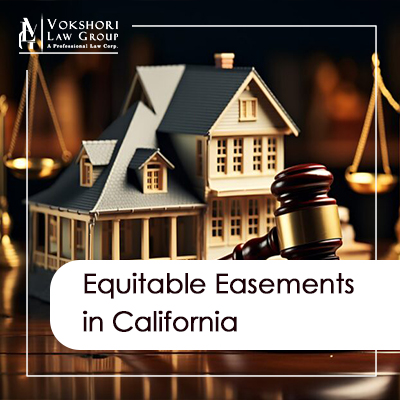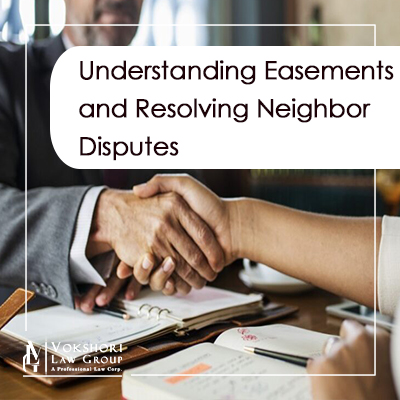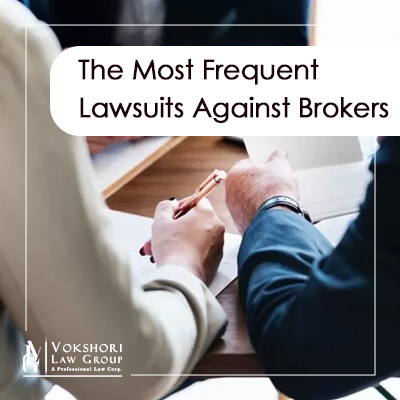
Imagine purchasing your dream property only to be blindsided by fines and legal battles over issues you didn’t create. This is the reality for the Thomases in Humboldt County, California. After buying a property unknowingly used for illegal cannabis cultivation by previous owners, they now face at least $1 million in fines due to an unpermitted structure. This case underscores the critical importance of thorough property investigations before buying, as hidden violations can lead to significant financial and legal consequences for new homeowners.
Background
In 2019, Humboldt County’s code enforcement department raided the property in Miranda, an unincorporated community, and shut down an illegal cannabis operation. The then-owners were cited for unlicensed cultivation and having an unpermitted structure, leading to an administrative penalty of $12,000 over 90 days.
Six days …
Posted In:

